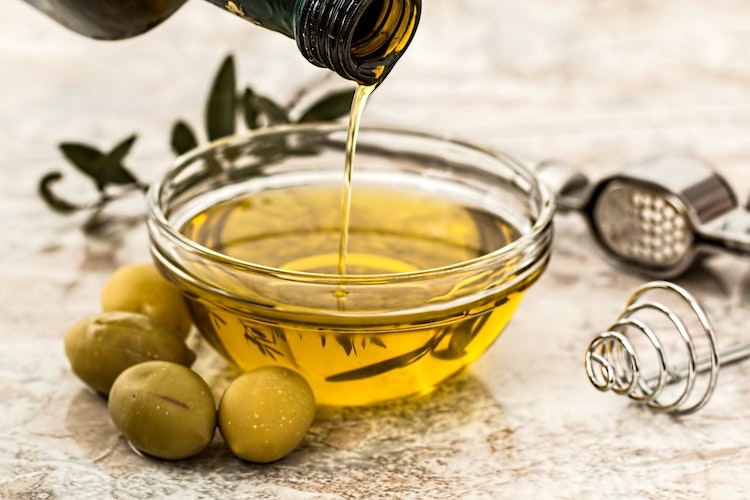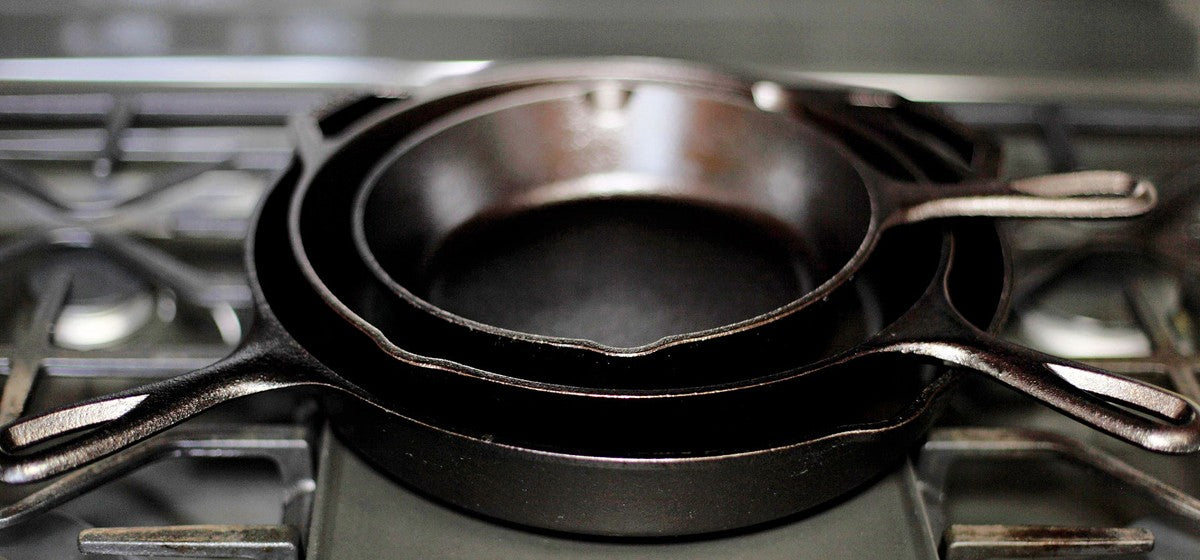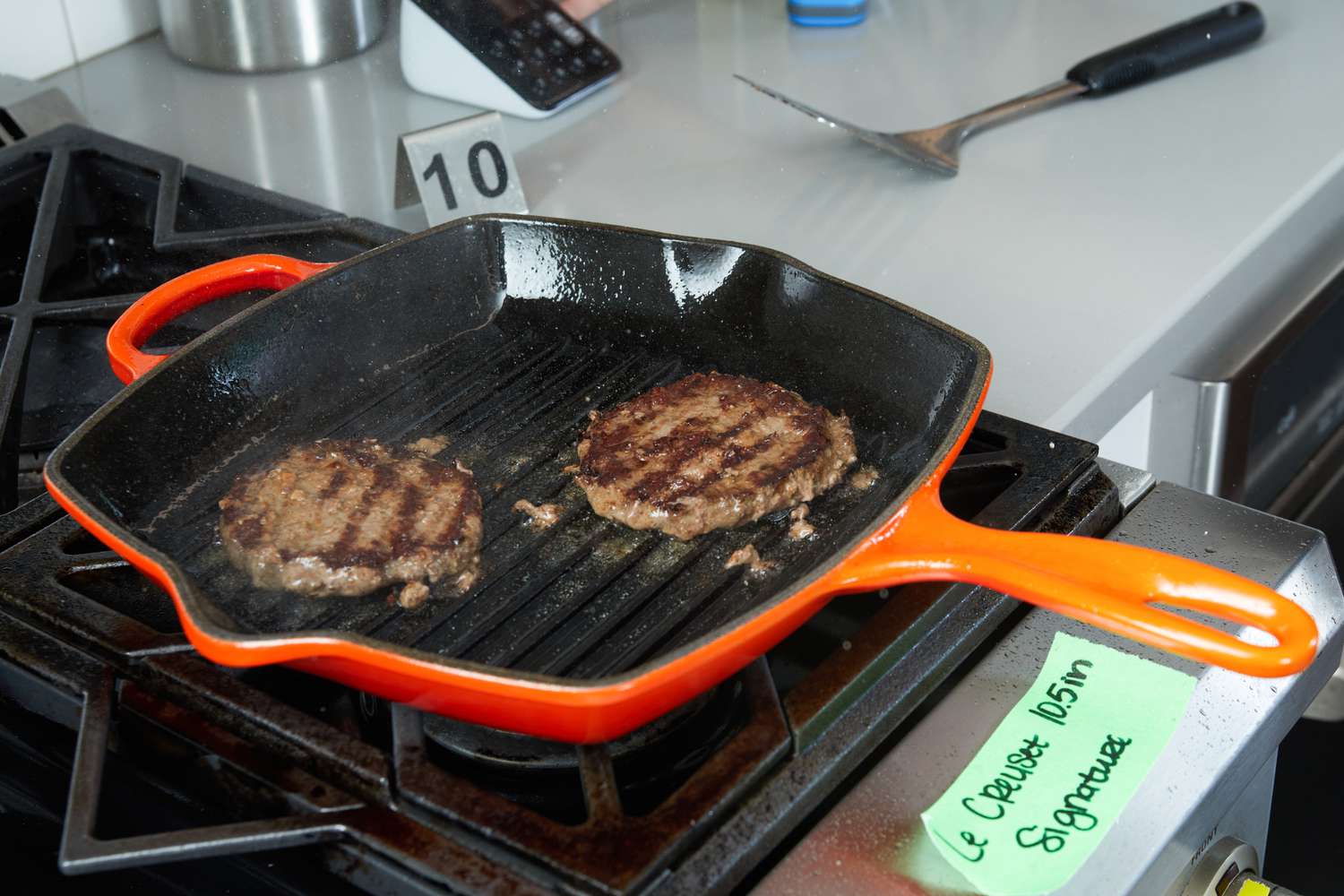Understanding the unique qualities of extra virgin olive oil is essential for anyone passionate about cooking. This guide delves deep into the mysteries of what makes olive oil 'extra virgin,' highlighting its benefits, production process, and how to spot fake products.

An Introduction to Olive Oil
Olive oil is a staple in many kitchens, revered for its taste and health benefits. However, not all olive oils are created equal. The designation 'extra virgin' signifies a superior quality, but what exactly does this mean? Let's explore the essentials.
The Production Process
The process of creating extra virgin olive oil is labor-intensive, ensuring that the final product retains its natural flavors and nutritional values. The olives are first hand-picked and then crushed into a paste. This paste is then pressed to extract the oil without the use of heat or chemicals, which is crucial for maintaining its 'extra virgin' status.
Quality Parameters
For olive oil to be classified as extra virgin, it must adhere to specific chemical and sensory standards set by the International Olive Council (IOC). This includes:
- Low Acidity: Extra virgin olive oil must have an acidity level of less than 0.8%.
- Peroxide Levels: Low levels of peroxides indicate that the oil has been minimally oxidized.
- Flavor: The oil must have an excellent taste and aroma, free from any defects.
Health Benefits
Extra virgin olive oil is rich in monounsaturated fats and antioxidants, making it one of the healthiest oils available. It can boost heart health, reduce inflammation, and even improve cognitive function. Its benefits make it a favorite among health-conscious individuals and culinary experts alike.

How to Identify Genuine Extra Virgin Olive Oil
Given the value of extra virgin olive oil, it's no surprise that there are many fraudulent products on the market. Here's how to ensure you're getting the real deal:
- Check the Label: Look for certifications from reputable organizations like the IOC or the California Olive Oil Council.
- Look at the Harvest Date: Freshness is key. Make sure the oil you're buying is within two years of its harvest date.
- Smell and Taste: Authentic extra virgin olive oil will have a fresh, fruity smell and a peppery, slightly bitter taste.
For further details on selecting quality olive oil, you can visit Olive Oil Times.

Using Extra Virgin Olive Oil in Your Kitchen
Nothing elevates a dish quite like extra virgin olive oil. Here are some tips on how to make the most of this exquisite oil:
Cooking and Frying
While extra virgin olive oil is often used as a finishing oil to drizzle over dishes, it also stands up well to cooking. It has a relatively high smoke point, making it suitable for sautéing and even frying. Learn more about cooking olive oil.
Salads and Dressings
The rich, bold flavors of extra virgin olive oil make it perfect for salads and dressings. A simple mix of olive oil, lemon juice, and herbs can transform any salad. Check out our salad dressing recipes for inspiration.
Dipping and Drizzling
Extra virgin olive oil is perfect for dipping bread or drizzling over pasta and roasted vegetables. Its robust flavor adds depth and complexity to any dish. Discover more ways to use olive oil by visiting our olive oil uses page.
Frequently Asked Questions
What is the difference between extra virgin olive oil and regular olive oil?
Extra virgin olive oil is the highest quality olive oil, made without the use of heat or chemicals. It retains more natural flavors and nutrients compared to regular olive oil, which is often refined. For a closer look, check out our extra virgin vs regular olive oil guide.
Can I use extra virgin olive oil for frying?
Yes, you can use extra virgin olive oil for frying. It has a sufficient smoke point and adds a unique flavor to fried foods. Learn more about the benefits in our frying oils guide.
How should I store extra virgin olive oil?
Store extra virgin olive oil in a cool, dark place to maintain its quality. Exposure to light and heat can degrade the oil's flavor and nutritional value. For tips on kitchen storage, visit Apartment Therapy.
As an Amazon Associate, I earn from qualifying purchases.






Leave a comment
This site is protected by hCaptcha and the hCaptcha Privacy Policy and Terms of Service apply.